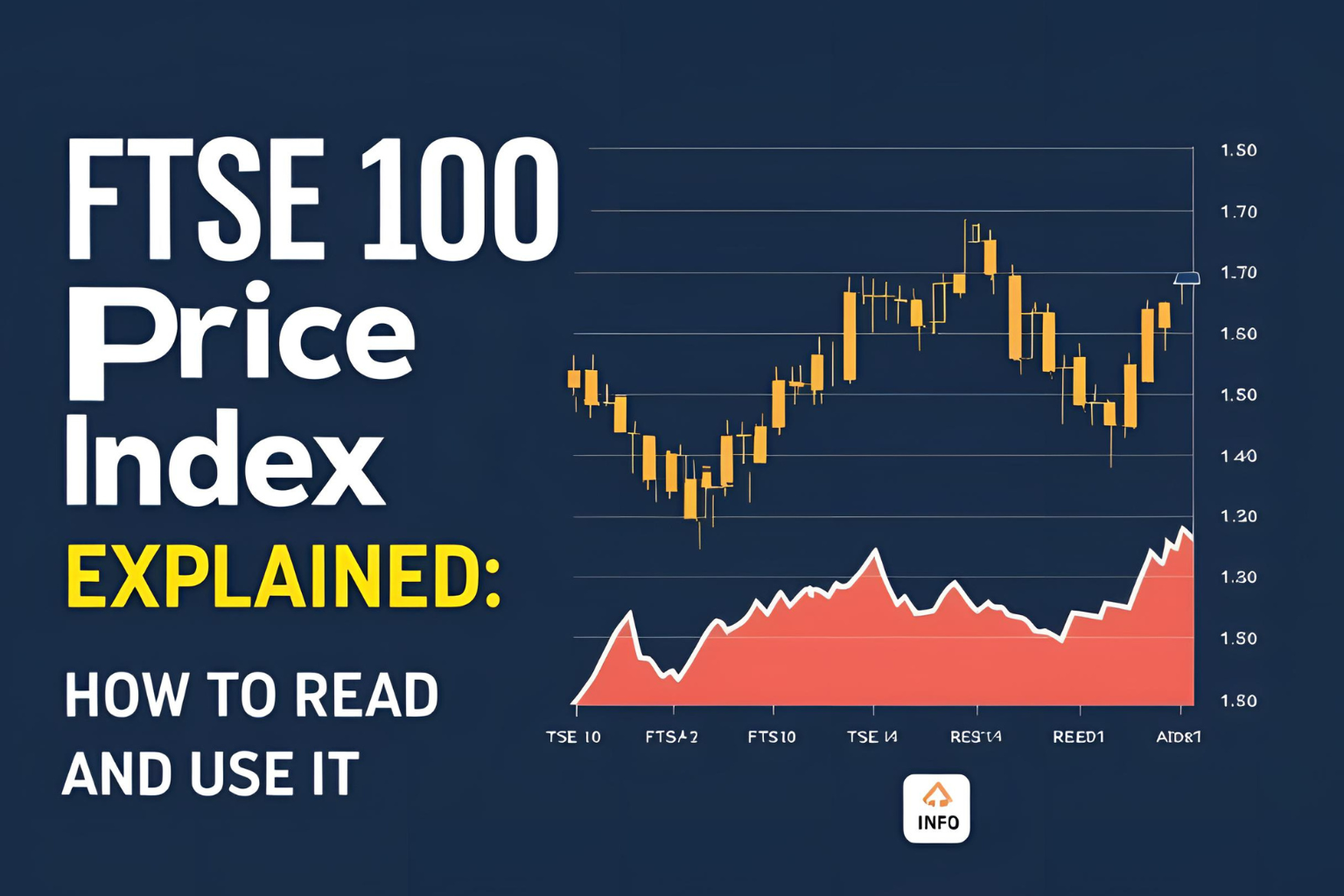The Impact of Global Events on the FTSE 100 Index
Introduction:
The FTSE 100 Index is not just influenced by domestic developments in the UK—it also reacts sharply to global events. Whether it’s a financial crisis, a geopolitical conflict, or a global health emergency, these occurrences can significantly move the index. In this post, we’ll explore how global events affect the FTSE 100, and what investors can do to manage risk during uncertain times.
Why Global Events Matter to the FTSE 100
Many FTSE 100 companies are multinational businesses. They earn significant revenue from overseas markets, so:
- A strong dollar or weak euro can affect earnings.
- A global recession impacts consumer demand worldwide.
- War or political unrest can disrupt trade and energy supplies.
Thus, the FTSE 100 often reacts to international headlines just as much as local UK news.
Historical Examples of Global Events and FTSE 100 Reactions
1. 2008 Financial Crisis
- Triggered by US housing market collapse
- FTSE 100 fell sharply, losing over 30% in value in one year
2. Brexit Vote (2016)
- Caused immediate volatility and a temporary drop in the index
- FTSE recovered quickly due to weak GBP benefiting global FTSE 100 firms
3. COVID-19 Pandemic (2020)
- FTSE 100 plummeted over 30% in March 2020
- Recovery followed as stimulus programs and vaccines were rolled out
4. Russia-Ukraine War (2022)
- Energy prices spiked, causing gains in oil-heavy FTSE stocks like Shell and BP
- Markets saw sector rotation and global volatility
Sectors Most Affected by Global Events
| Sector | Sensitive to Events Like |
|---|---|
| Energy | Oil price shocks, geopolitical conflict |
| Financials | Interest rate changes, banking crises |
| Consumer Goods | Global inflation, supply chain disruptions |
| Healthcare | Pandemics, regulatory changes |
| Industrials | Trade wars, transportation disruptions |
How to React as an Investor
- Diversify Your Portfolio
- Include non-UK assets to reduce domestic risk
- Use ETFs for global diversification
- Focus on Fundamentals
- Don’t panic-sell—analyze long-term company strength
- Watch Currencies
- FTSE 100 often rises when GBP falls, and vice versa
- Use Defensive Stocks
- Sectors like healthcare and utilities are more stable during global uncertainty
Tools to Track Global Impact on FTSE 100
- Bloomberg / Reuters – for real-time global news
- TradingView – to track index reactions on charts
- Yahoo Finance – for sector-specific FTSE data
- Bank of England & IMF – for policy and macroeconomic updates
Conclusion
The FTSE 100 Index is closely tied to global developments. As many of its companies operate internationally, events like pandemics, wars, and financial crises can trigger major shifts in the index. Smart investors stay informed and adapt by diversifying, monitoring sectors, and maintaining a long-term view.
FAQs
1. Does the FTSE 100 react to US events?
Yes. Events like Fed interest rate decisions or US economic data can impact the FTSE 100, especially for globally exposed companies.
2. How does war affect the FTSE 100?
Conflicts can cause volatility, often boosting energy stocks but hurting travel, retail, and financials.
3. What happened to the FTSE 100 during COVID-19?
It saw a steep decline in March 2020 but began recovering as global stimulus measures were introduced.
4. Are some FTSE 100 sectors more resilient to global shocks?
Yes—defensive sectors like healthcare, consumer staples, and utilities are generally less affected.
5. Should I sell my investments during global crises?
Not necessarily. It’s usually better to review your risk exposure, rebalance if needed, and focus on long-term goals.



